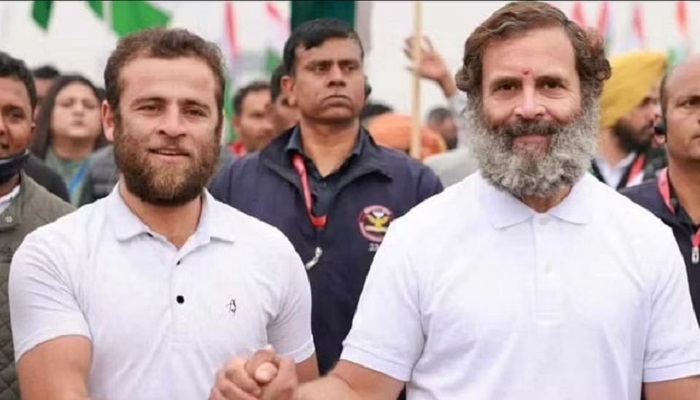The centre must take immediate steps to ensure vaccines are made available and given to states free of cost, the Bengal petition says
Mamata Banerjee’s government in West Bengal told the Supreme Court today that there should be a uniform vaccination policy and the new differential pricing mechanism in the latest phase of inoculations must be scrapped.
The Centre must take immediate steps to ensure vaccines are made available and given to states free of cost, Bengal says.
“States cannot made to negotiate and bargain individually on vaccine prices. States will be compelled to allocate funds for vaccines, which will have a crippling effect on an already stretched health infrastructure,” the state said in its affidavit ahead of a Supreme Court hearing on the vaccine policy next Monday.
Earlier this week, the Supreme Court had raised questions about vaccine pricing and had directed the Centre to revisit its policy, saying it would cause chaos.
Many states have complained about differential pricing in the centre’s new policy that started from May 1, when vaccinations were opened to all adults.
“One nation, one party, one leader shouts BJP all the time but to save lives they can’t have one price for vaccine. Every Indian needs free vaccine, regardless of age, caste, creed, location. GoI must fix ONE price for Covid vaccine irrespective of who pays – Centre or the States,” Mamata Banerjee had tweeted last month..
Until last month, the Centre was buying vaccines from manufacturers – Covishield from Serum Institute of India (SII) and Covaxin from Bharat Biotech – and distributing them free of cost to states.
Now, manufacturers will supply 50 per cent of the doses to states and private entities, who are in charge of vaccinating those between 18 and 44. The rest will still be sold at cheaper rates to the centre, which is still inoculating health workers, frontline workers and all above 45.
Serum announced a price of ₹ 400 rupees for states and ₹ 600 for private hospitals, Bharat Biotech set the prices at ₹ 600 and ₹ 1,200 a dose. After a backlash, both companies later slashed the prices for state governments, but many say it is still not viable for them.






Comment here